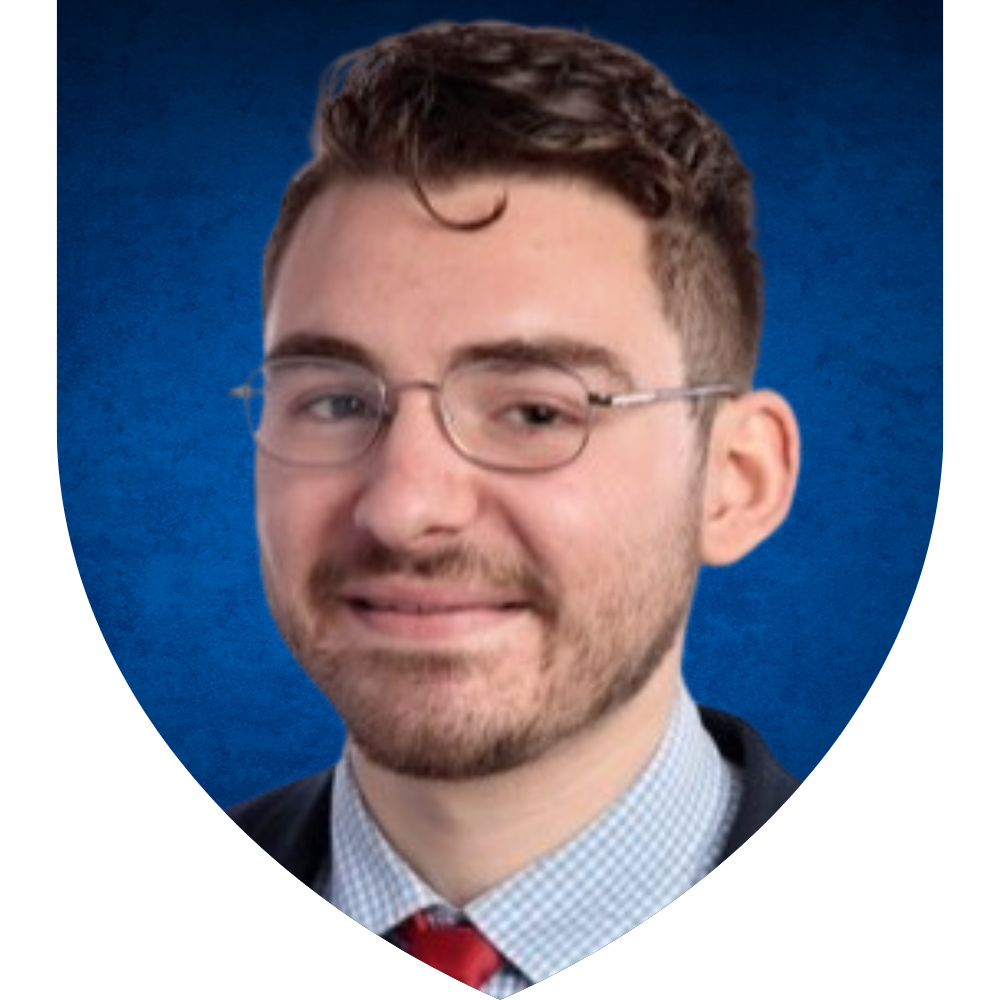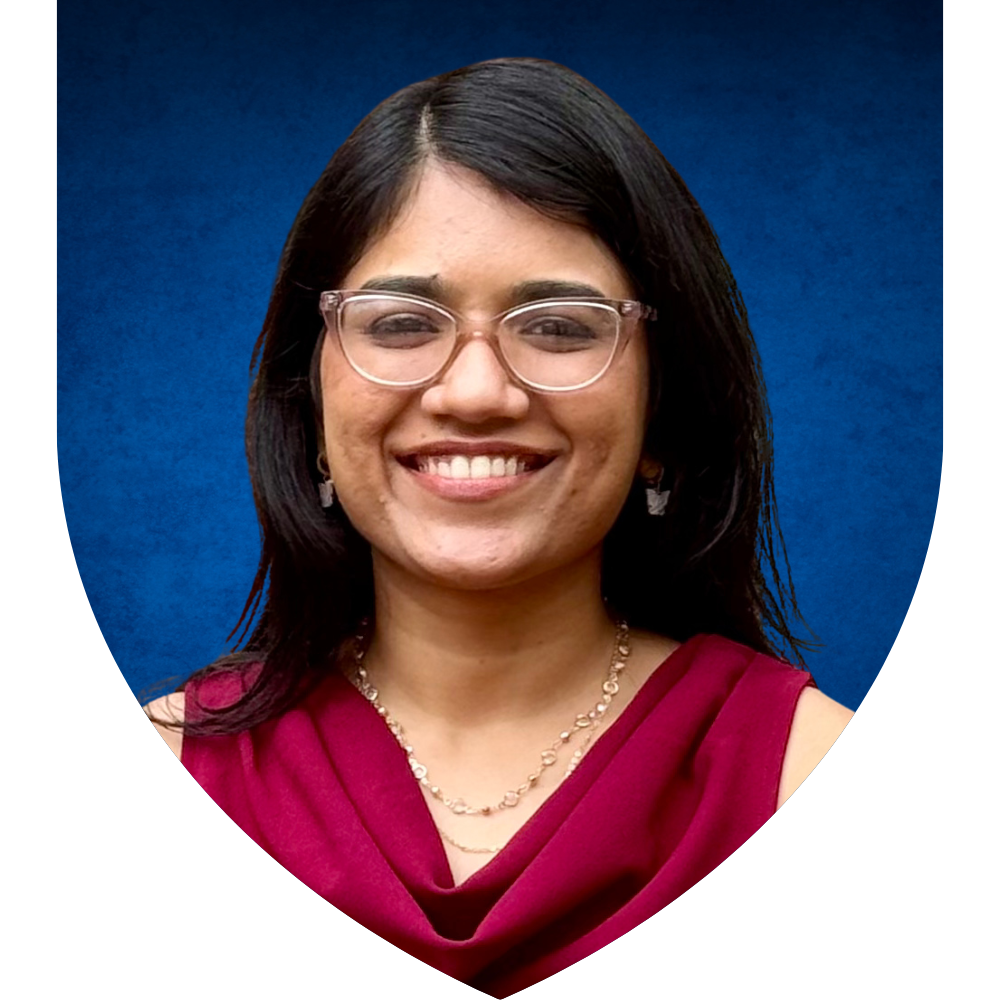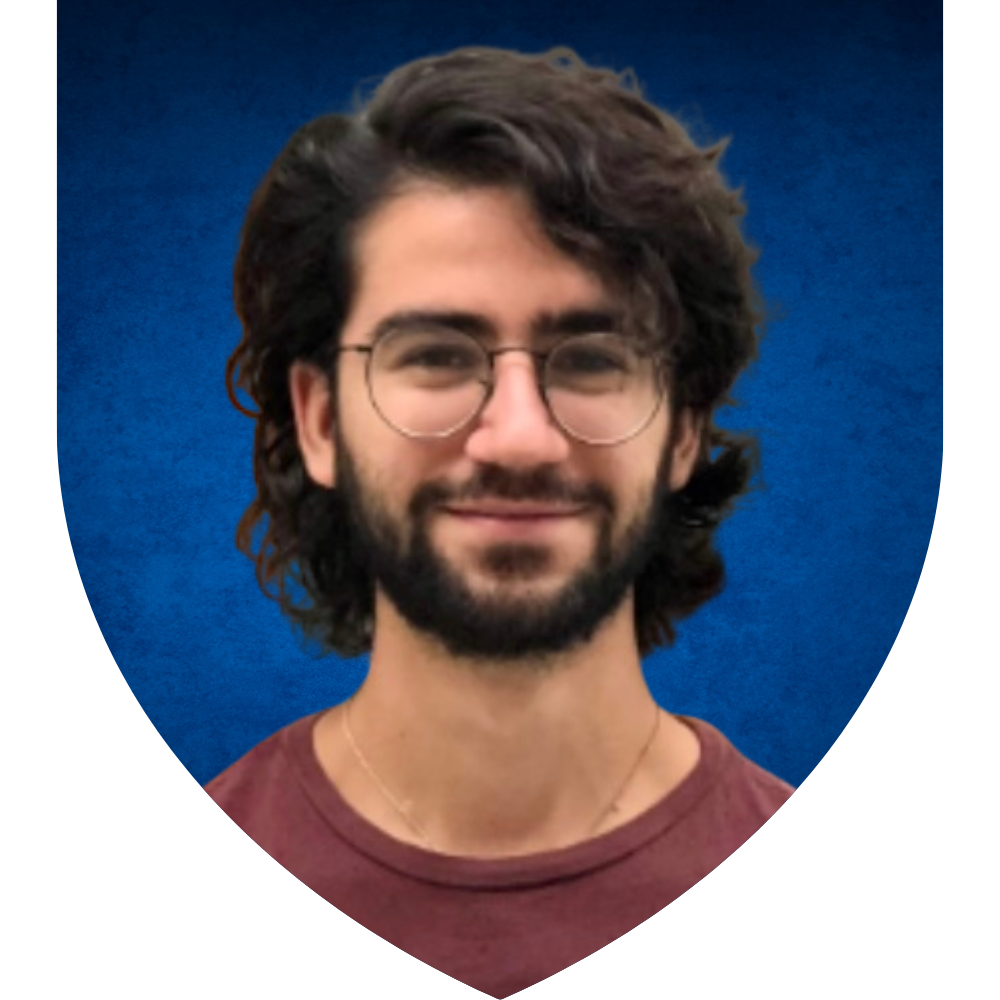Each year, the Department of Bioengineering at Penn Engineering proudly recognizes outstanding doctoral students whose research exemplifies innovation, impact, and academic excellence. The Solomon R. Pollack Award for Excellence in Graduate Bioengineering Research celebrates the achievements of students who have advanced our understanding of biological systems through engineering.
In 2025, four exceptional Ph.D. students—Nikolas Di Caprio, Harshini Chandrashekar, David Gonzalez-Martinez, and Kelsey Swingle—have been honored with this prestigious award. Their work spans neuroscience, oncology, maternal health, and tissue engineering, reflecting the breadth and interdisciplinary nature of the field.
Nikolas Di Caprio: Engineering Injectable Platforms for Cartilage Repair
Dissertation Title: “Engineering Dynamic Granular Composites for the Repair of Cartilage Tissue”

Nikolas Di Caprio earned his B.S. in Bioengineering with a minor in Chemistry from Temple University in 2019, where he conducted undergraduate research on 3D in-vitro models of adipose tissue.
Building on this foundation, his doctoral work in Dr. Jason Burdick’s lab focused on developing an injectable system using stem cell aggregates and hydrogel microparticles to repair cartilage. His work addressed both the biological and mechanical aspects of tissue regeneration, incorporating automated testing tools he designed to probe particle mechanics. The research offers new strategies for minimally invasive musculoskeletal treatments.
“I would like to thank Jason Burdick for the nomination, the committee for selecting me for the generous award, and my family, friends, and previous advisors for all the support during my Ph.D.“
Nikolas’s research embodies the intersection of material science and regenerative medicine, pushing the boundaries of bioengineering innovation.
Harshini Chandrashekar: Mapping the Genome’s Architecture in Alzheimer’s
Dissertation Title: “Addressing the Genome’s Structure-Function Relationship in Neural Activation and Neurological Disorders”

Harshini Chandrashekar completed her B.Tech. in Biotechnology from Vellore Institute of Technology, India, before moving to the U.S. in 2017 to pursue a master’s degree in Bioinformatics at the Georgia Institute of Technology. In 2019, she joined Dr. Jennifer Cremins lab as a Computational Scientist and began her Ph.D. in Bioengineering at Penn in 2020. In the Cremins lab, she investigated how the three-dimensional genome architecture—particularly chromatin loops—regulates gene expression in the context of familial Alzheimer’s disease (FAD). Her innovative combination of experimental and computational approaches uncovered early-stage disruptions in genome folding that may precede classical disease hallmarks.
Her findings are available on bioRxiv and have already garnered accolades, including the Young Talented and Developing (TAD) Scientist Award from Genome Organization Australia and the Best Research Presentation Award at the 2024 Penn Bioengineering Graduate Research Symposium.
“I’m grateful to my Ph.D. advisor, Dr. Jennifer Cremins, for nominating me for this award and for her support — especially during the challenging moments that are part and parcel of everyday research.. I would also like to thank Dr. Yale Cohen, my thesis committee chair, for his support and encouragement over the years, and Dr. Erin Berlew, whom I had the pleasure of TAing for, for being a generous mentor and role model in teaching. Their support played a meaningful role in both my academic and professional growth at Penn.”
Harshini now works as a Bioinformatics Scientist at the Benaroya Research Institute in Seattle.
David Gonzalez-Martinez: Revealing Drug Tolerance Pathways in Cancer
Dissertation Title: “Dissecting Mechanisms and Consequences of Oncogenic RTK Fusion Signaling”

David Gonzalez-Martinez began his academic journey at Florida State University, where he studied biochemistry. He went on to earn a master’s degree in Microbiology and Cell Science from the University of Florida before joining the Bioengineering Ph.D. program at Penn
Under the mentorship of Dr. Lukasz Bugaj, he used synthetic biology, optogenetics, and live-cell imaging to explore how oncogenic RTK fusions drive aberrant signaling and evade cancer treatment. His research pinpointed key mechanisms underlying drug resistance and identified drug combinations that improve therapeutic response. His recent publication in Nature Communications highlights these findings.
“I would really like to thank the department for the recognition and Dr. Lukasz Bugaj, who has been a fantastic mentor throughout my Ph.D. as well as all of my lab mates who have been great friends and collaborators.”
David’s contributions provide crucial insights into the dynamic nature of cancer signaling and potential avenues for more effective treatments.
Kelsey Swingle: Targeting the Placenta to Treat Pre-eclampsia
Dissertation Title: “Engineering Placenta-Tropic VEGF mRNA Lipid Nanoparticles for the Treatment of Pre-eclampsia”

Kelsey Swingle earned her B.S.E. in Biomedical Engineering from Case Western Reserve University in 2020. As a Ph.D. student in the lab of Dr. Mike Mitchell, her research focused on developing new biomaterial strategies for targeted drug delivery to the placenta. Her dissertation work involved engineering VEGF mRNA lipid nanoparticles designed to home specifically to placental tissue, with the goal of treating pre-eclampsia—a major cause of maternal and fetal morbidity for which no clinical treatments currently exist.
“I’m incredibly grateful to my advisor Dr. Mike Mitchell, everyone in the Mitchell Lab, my mentors, friends, and family for their support throughout my PhD. While my PhD was both a rewarding and challenging personal experience, I leaned on and learned from my support system every step of the way.”
Her studies demonstrated the therapeutic potential of this targeted approach in mouse models, offering promising insight into a long-standing challenge in maternal health. In July 2025, Kelsey will begin a faculty position as Assistant Professor in the Department of Bioengineering at Rice University.
Looking Ahead
The 2025 Pollack Award recipients exemplify the best of Penn Bioengineering: rigor, creativity, and a drive to improve human health. Through their diverse research, each has made significant contributions to science and society. We congratulate Nikolas, Harshini, David, and Kelsey on their achievements and look forward to seeing how they will continue to shape the future of bioengineering.
